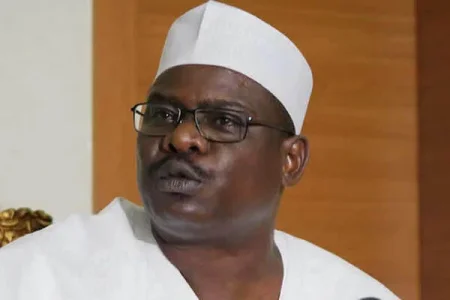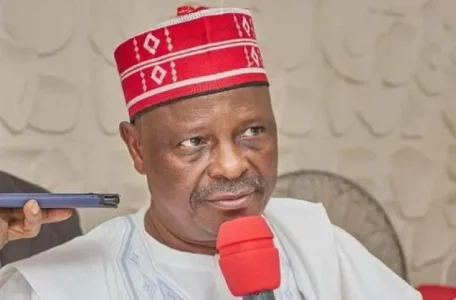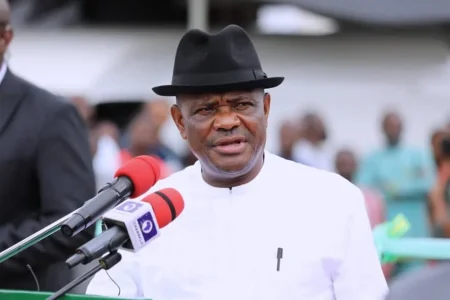
Senator Ali Ndume criticizes Nigeria's new N70,000 minimum wage as inadequate, stating it barely covers the cost of a bag of rice. Despite facing political consequences, Ndume urges President Tinubu to address economic challenges and listen to public concerns, emphasizing the need for comprehensive solutions to alleviate widespread suffering.
Senator Ali Ndume, representing Borno South, has once again stirred controversy with his remarks on Nigeria's minimum wage. Despite facing repercussions for his previous criticisms of President Bola Tinubu, including his removal as Senate Chief Whip, Ndume remains undeterred in his mission to speak truth to power.
In a recent interaction with journalists, Ndume commented on the newly agreed N70,000 minimum wage, describing it as insufficient in the face of Nigeria's economic challenges. He pointed out that this amount barely covers the cost of a bag of rice, highlighting the severe disparity between wages and the cost of living.
Ndume praised the wage increase as a positive step but emphasized that more comprehensive measures are needed to address the country's economic woes. He urged President Tinubu to remain receptive to the public's concerns and take decisive action to alleviate widespread suffering and discontent.
The senator's outspoken nature has put him at odds with his party, which suggested he consider joining an opposition party. However, Ndume maintains that his actions are rooted in patriotism and a commitment to voicing the truth, regardless of potential consequences.
Ndume's comments reflect broader concerns about Nigeria's economic situation, including high inflation rates and rising food prices. His stance underscores the growing disconnect between political decisions and the everyday realities faced by Nigerian citizens.
As the debate over minimum wage and economic policies continues, Ndume's vocal criticism serves as a reminder of the challenges facing Nigeria's leadership in addressing the country's complex economic issues. The coming months will likely see further discussions on how to bridge the gap between wages and the cost of living in Africa's most populous nation.




